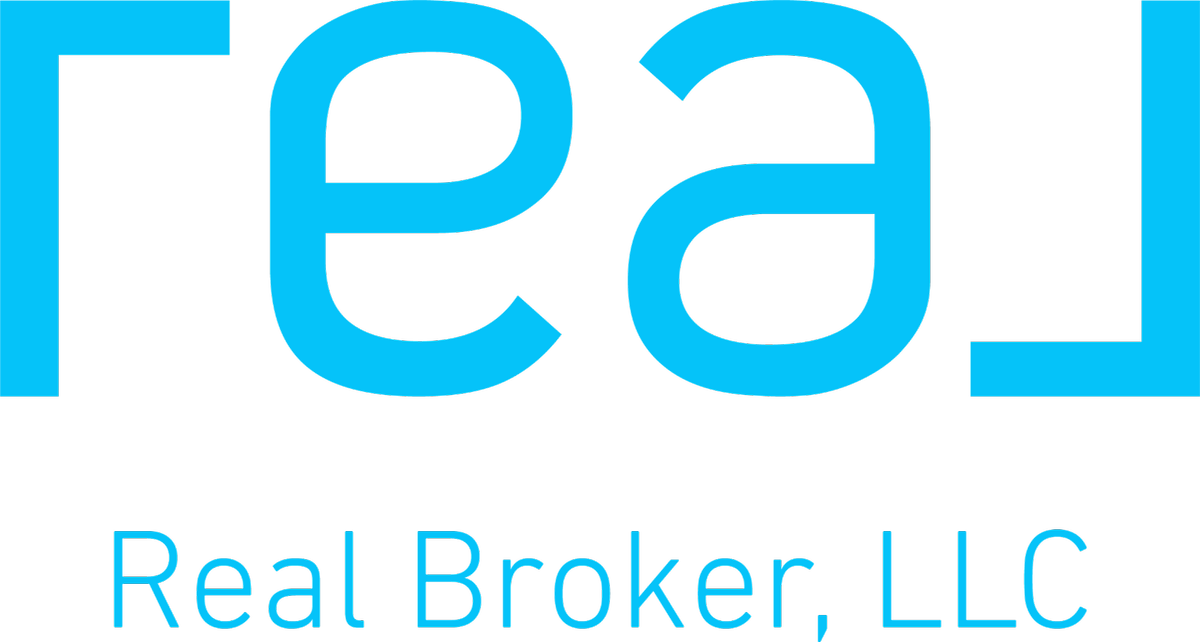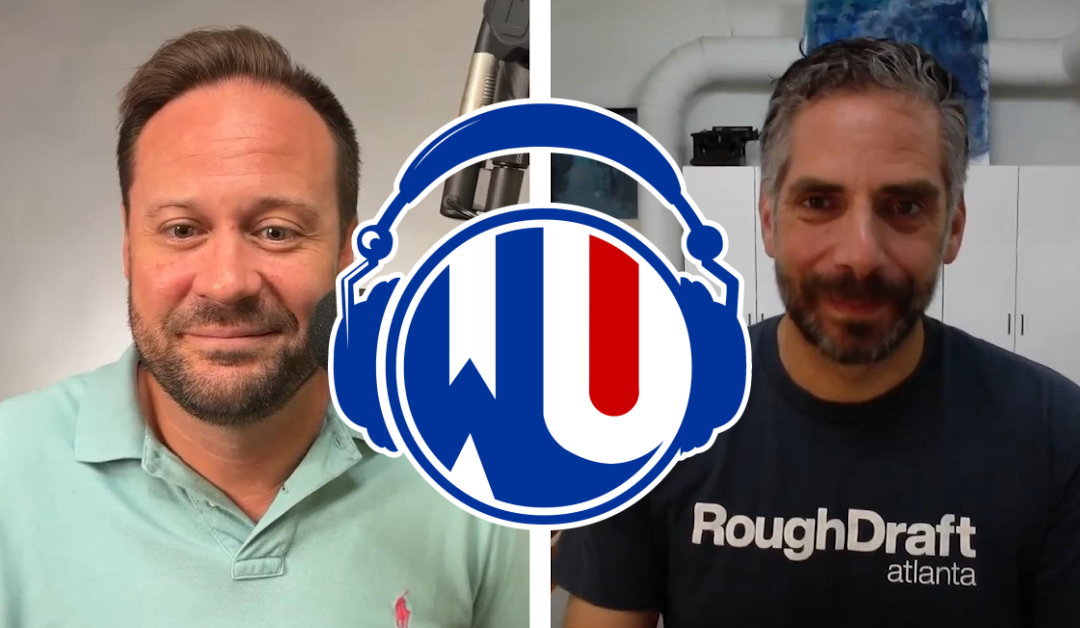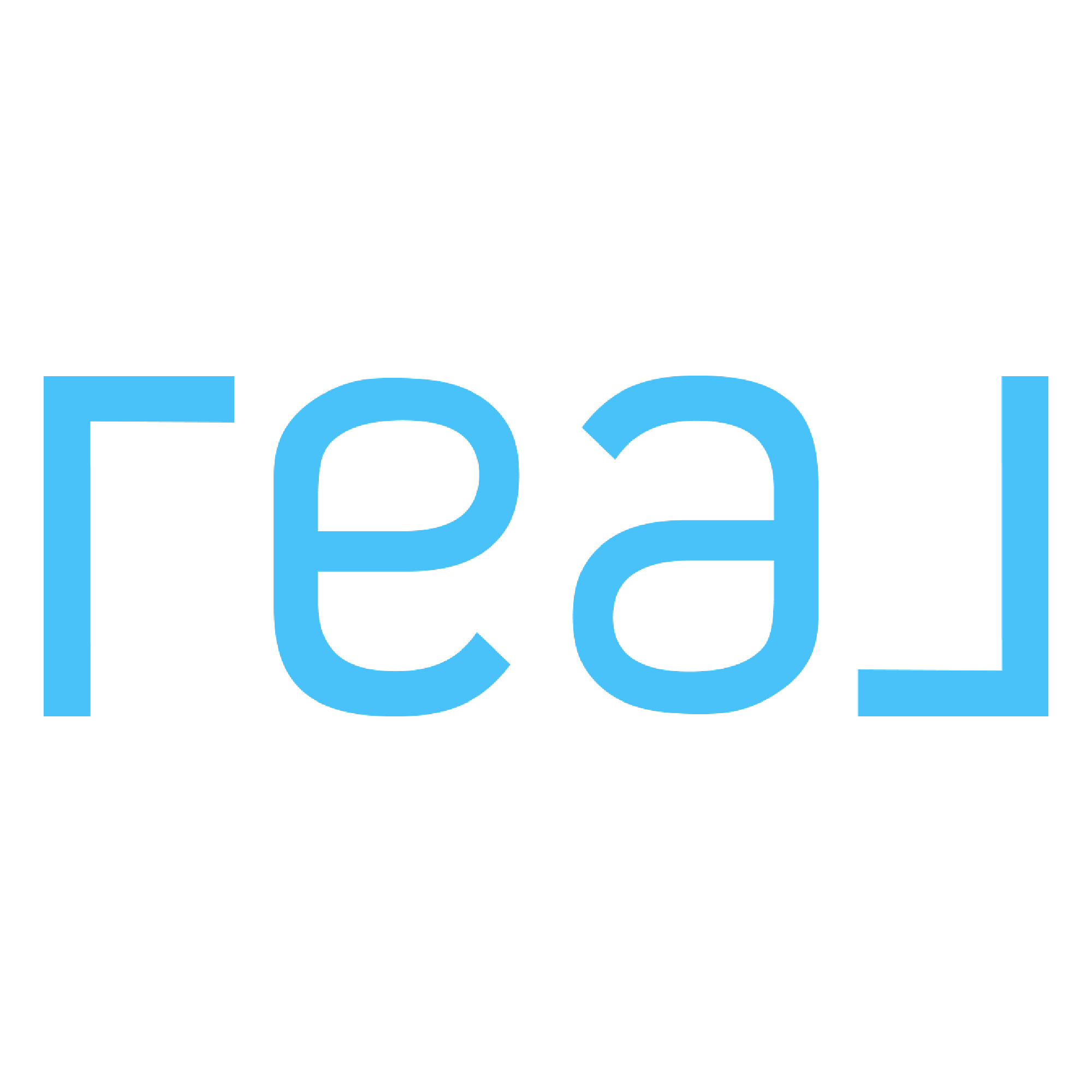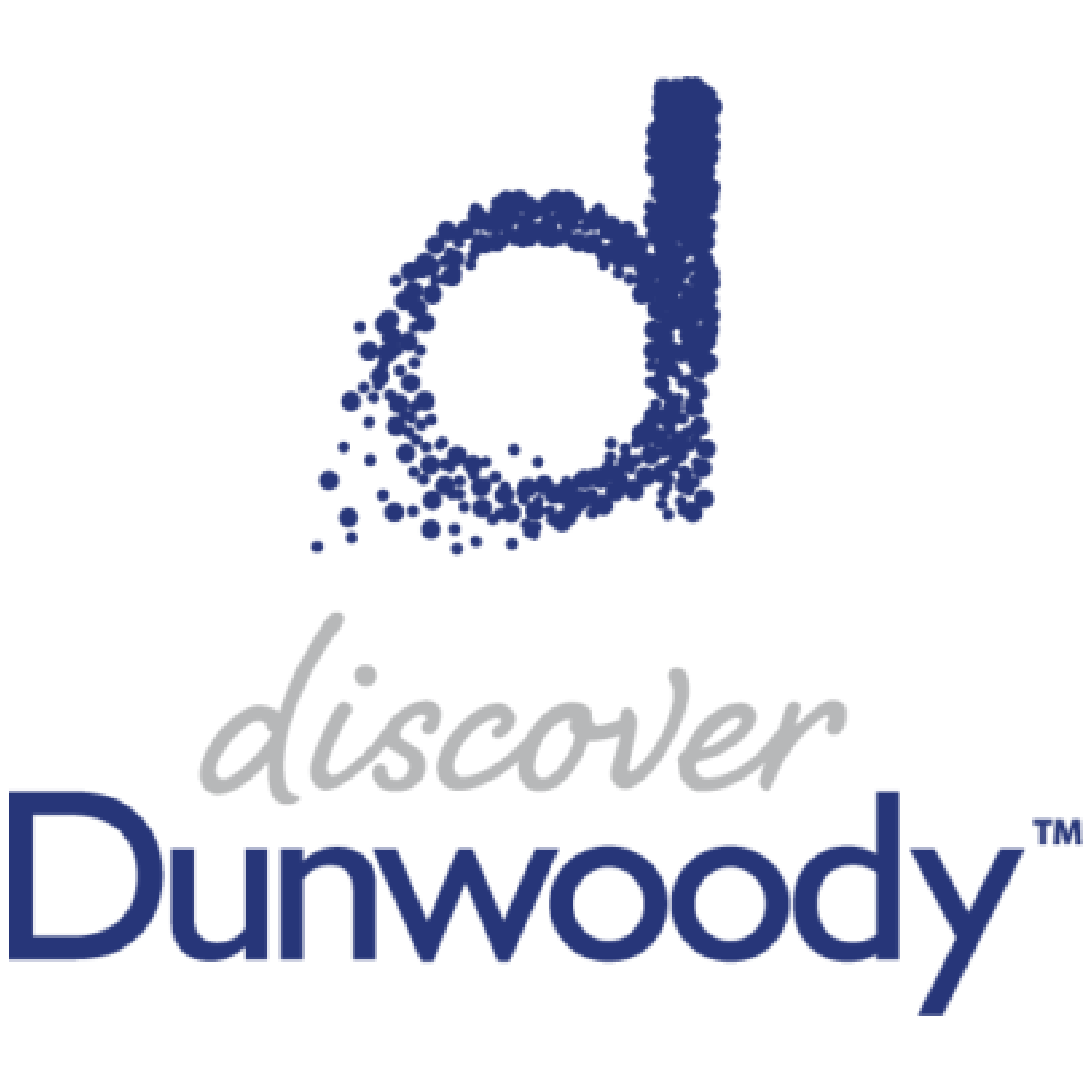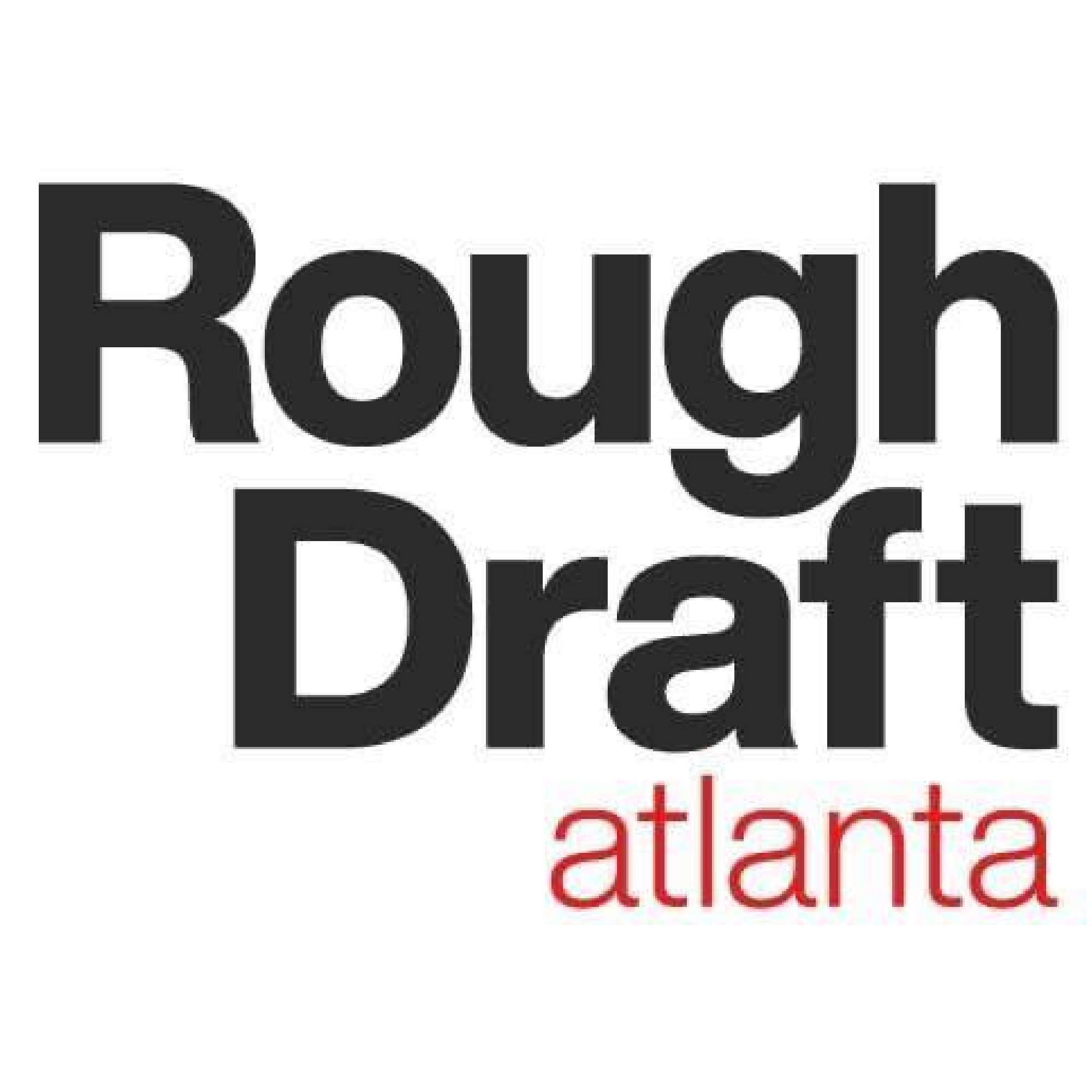Keith Pepper, owner of Rough Draft Atlanta, shares his journey of transforming a traditional newspaper into a digital-first media powerhouse. This episode dives into the challenges of competing for attention in the digital age, the continued relevance of print media, and the role of newsletters in fostering community engagement. Keith also explores the future of hyperlocal journalism, the impact of AI, and strategies for sustaining local news in a rapidly changing media landscape. Perfect conversation for those interested in the evolution of media and community-focused journalism.
Summarizing Podcast Episode 261 – Keith Pepper – Building a Digital-First Media Company
Introduction
The digital age has transformed how we consume information, and nowhere is this more evident than in the media industry. Episode 261 of the What's Up Dunwoody podcast features Keith Pepper, the owner and publisher of Rough Draft Atlanta, who shares his journey of turning a traditional print newspaper into a thriving digital-first media company. This episode offers a deep dive into the challenges and opportunities of hyperlocal journalism, the role of community engagement, and the future of news in an increasingly digital world.
The Evolution of Media: From Print to Digital
Keith Pepper’s journey began with a bold move in 2020—purchasing a local newspaper company during the height of the pandemic. The company, originally known as Springs Publishing, included several community-focused newspapers like the Dunwoody Reporter, Sandy Springs Reporter, and others. Despite the uncertain timing, Keith saw potential in the hyperlocal market, driven by his passion for media and a belief that local journalism still had a crucial role to play in communities.
Under Keith’s leadership, the company rebranded as Rough Draft Atlanta and underwent a significant transformation. The focus shifted from being a print-first media outlet to becoming a digital-first company. This transition wasn't just about adapting to new technology but was rooted in the changing behaviors of news consumers. In a world where information is available at our fingertips, Rough Draft Atlanta sought to meet readers where they are—online.
Central to this digital-first strategy is the company’s robust newsletter program. Keith emphasized that newsletters are a key tool for establishing a daily habit among readers. By delivering consistent, high-quality content directly to their inboxes, Rough Draft Atlanta has managed to build a loyal audience that engages with their content on a regular basis. This shift to digital has allowed the company to expand its reach beyond the immediate geographic boundaries of its print products, engaging readers across the broader Atlanta area.
Challenges and Opportunities in Digital Media
Transitioning from print to digital is not without its challenges. Keith discusses the dynamics of competing for attention in an oversaturated digital landscape. Unlike the old days when a local newspaper was one of the few sources of information, today’s media companies are competing with countless other content providers, from social media to blogs to international news outlets.
One of the biggest challenges faced by digital-only media companies is distribution. In the digital realm, platforms like Apple News and Google News play a significant role in how news is consumed. While these platforms offer valuable channels for reaching a broader audience, they also come with their own set of challenges. For example, while Rough Draft Atlanta does receive some revenue from these platforms, it’s a fraction of what traditional advertising might bring in. Moreover, these platforms often control the relationship with the reader, making it harder for local news outlets to build direct connections with their audience.
To mitigate this, Keith has focused on fostering a direct relationship with readers through newsletters and organic search. By prioritizing these channels, Rough Draft Atlanta aims to maintain a closer connection with its audience, ensuring that they remain top of mind for local news and information.
The Role of Community Engagement and Print Media
Despite the digital focus, Keith acknowledges that print media still holds significant value, especially in certain communities. While the digital platform is ideal for breaking news and daily updates, the monthly print edition of Rough Draft Atlanta serves a different purpose. It provides a curated selection of the most important stories, along with special sections that resonate with the community.
One of the unique aspects of Rough Draft Atlanta’s print distribution is its use of direct mail. Unlike many newspapers that rely on carriers or are simply tossed onto driveways, Rough Draft’s print product is delivered directly to readers’ mailboxes. This method not only ensures that the paper reaches its audience but also adds a level of respect and intentionality that resonates with readers. As Keith explains, many people, especially older generations, still prefer to receive their news in print, and by delivering a high-quality product directly to their homes, Rough Draft Atlanta continues to meet this demand.
Moreover, the print edition has become a valuable asset for advertisers. With fewer print products in circulation, those that remain have become more coveted spaces for local businesses looking to connect with their community. Rough Draft’s print product, which has evolved to look more like a magazine than a traditional newspaper, offers advertisers a premium platform to reach engaged readers.
Looking Ahead: The Future of Hyperlocal Journalism
As the conversation moves to the future, Keith shares his vision for Rough Draft Atlanta and the broader landscape of local journalism. He sees newsletters as the cornerstone of the company’s strategy, with plans to introduce more specialized content tailored to different communities. For instance, a dedicated Dunwoody newsletter will provide residents with a weekly recap of the most important news and events in their area, along with some analysis from local journalists.
Keith also discusses the role of technology, particularly AI, in shaping the future of journalism. While Rough Draft Atlanta has started experimenting with AI for tasks like SEO and image creation, Keith remains cautious about its use in content generation. He believes that while AI can enhance certain aspects of the business, it’s essential to maintain the human element in journalism—ensuring that stories are told with nuance, context, and a deep understanding of the community.
Another key area of focus for Rough Draft Atlanta is expanding its digital offerings. The company has already launched several new newsletters covering topics like food, arts, and local sports, and there are plans to introduce even more niche content in the future. By diversifying their digital products, Rough Draft aims to engage with readers on multiple levels, offering something for everyone in the community.
In addition to content expansion, Rough Draft is also exploring new ways to monetize its digital platform. While advertising remains a significant revenue stream, the company is considering introducing a membership model, where readers can support local journalism in exchange for exclusive content, events, and other perks. This model, which has been successful for other local news outlets, could provide a new avenue for growth while strengthening the relationship between Rough Draft and its readers.
Conclusion
Keith Pepper’s journey with Rough Draft Atlanta is a testament to the resilience and adaptability of local journalism in the digital age. By embracing a digital-first approach while preserving the value of print, he has positioned Rough Draft as a leader in hyperlocal journalism. As the media landscape continues to evolve, Keith’s focus on community engagement, innovation, and technology will undoubtedly play a crucial role in shaping the future of local news.
For readers, Rough Draft Atlanta offers a unique blend of timely digital content and thoughtfully curated print editions—ensuring that no matter how they prefer to consume their news, there’s something for everyone. And for those in the media industry, Keith’s story serves as a reminder that even in the face of immense challenges, there are always opportunities to innovate, connect, and thrive.
